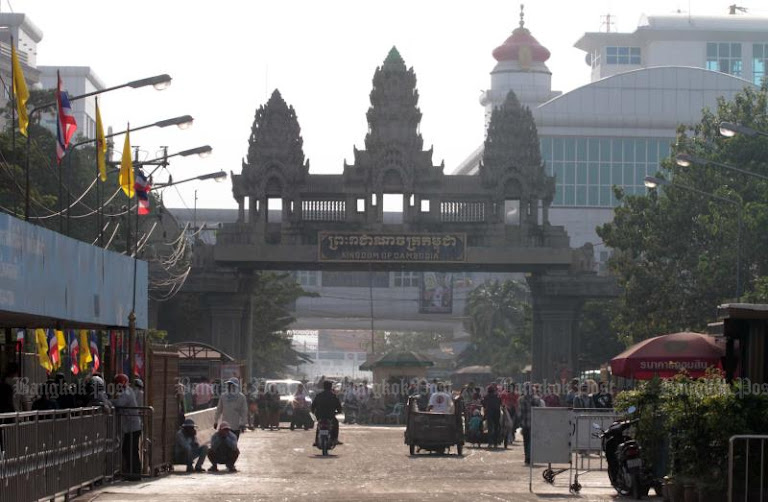Thailand Cambodia Border Fight Exposes Deeper Regional Instability Issues
Trade asymmetry, nationalism, and Hun Sen’s influence reveal deeper issues jeopardizing regional stability amid Thai-Cambodia border tensions.

The recent escalation of tensions between Thailand and Cambodia, marked by border closures and nationalist rhetoric, highlights the complex interplay of economics, security, and domestic politics in Southeast Asia. While the immediate trigger appears to be a brief exchange of gunfire, the underlying dynamics are far more intricate. As Hun Sen, former Cambodian Prime Minister, pointed out, Thailand stands to lose significantly from these border closures, given the asymmetry in trade between the two nations.
This isn’t simply about who fired first. It’s about power, leverage, and the increasingly porous lines between national security and economic prosperity. A Cambodian businessman’s call for a boycott of Thai goods, followed by Hun Sen’s measured response, reveals a strategic understanding of the situation. While opposing the boycott directly, Hun Sen subtly shifted blame, warning Cambodians of potential shortages due to Thailand’s actions. His appeal for “composure, maturity, patience, and politeness — but with firmness” speaks volumes. It acknowledges the underlying nationalistic sentiment while attempting to prevent further escalation that could harm Cambodia’s own interests.
The situation underscores several crucial points:
- Economic Interdependence: Despite political tensions, Thailand and Cambodia are deeply connected economically. Disrupting this relationship carries significant costs for both sides, but disproportionately impacts Thailand in terms of export revenue.
- The Role of Nationalism: Nationalist sentiments, fueled by border disputes and perceived slights, can easily be weaponized for political gain. This creates a volatile environment where rational policy decisions can be overshadowed by emotional appeals.
- The Limits of Military Solutions: The initial Thai army’s decision to close the border demonstrates a reliance on traditional security measures. However, in an increasingly interconnected world, such actions often backfire, hurting the acting nation’s economy just as much, if not more, than the targeted nation.
- Hun Sen’s Continued Influence: Even out of office, Hun Sen remains a significant voice in Cambodian politics. His statement carries weight, suggesting that his successor, Prime Minister Hun Manet, is likely navigating this crisis with his father’s input, and likely with a great degree of pre-planning between both.
It’s tempting to view this as a purely bilateral dispute, but that would be a mistake. This incident exposes the fragility of regional trade relationships, the ever-present threat of nationalist resurgence, and the complex dance between economic interests and security concerns that defines the geopolitics of Southeast Asia. The response from regional blocs like ASEAN, or the silence surrounding it, often demonstrates that economic integration and political coordination are very different things.
The call for calm and reason in the face of escalating tension is easier voiced than practiced. But in a world increasingly defined by complex interdependencies, ignoring the broader system risks misinterpreting a simple border squabble as an act of true aggression. In an era of increasing great power competition, seemingly smaller conflicts could act as an ignition for greater regional instability. The long-term consequences of this border dispute will depend on the choices made in the coming weeks, choices that will require careful consideration of both national pride and shared prosperity.









